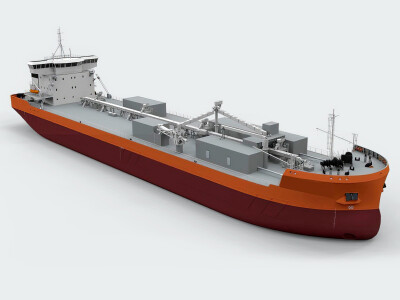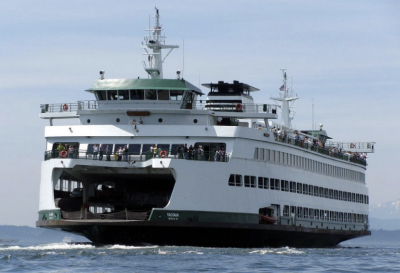In the marine industry the physical requirements are demanding and the pressure to perform can be intense.
The nature of the business means that accidents, injuries and property damage are inevitable, no matter how well workers do their jobs. Usually, the remedies available under maritime law when such casualties occur are fairly well defined. However, a recent case out of the U.S. 11th Circuit Court of Appeals confirmed that such remedies are limited.
The case of Skye v. Maersk Line involved a money-damages claim by the chief mate of the Sealand Pride for heart disease and deteriorating health. He attributed this to the excessive duties and prolonged work hours required by his employer. Skye served on the Sealand Pride for approximately eight years, and sometimes worked between 90 and 105 hours a week for 70 to 84 days at a time. These job demands allegedly resulted in fatigue, stress and lack of sleep, which caused hypertension and eventually disabling heart disease.
Skye sued Maersk Line for negligently imposing unreasonable working conditions that caused his failing health. While a jury concluded that Skye could recover damages from Maersk under these circumstances, the Court of Appeals reversed the judgment and found that Skye was not entitled to any award at all.
In reaching this conclusion, the court noted that not all work-related injuries are compensable under the Jones Act, the federal statute that provides a seaman legal recourse against a negligent employer.
The court said that in order to prevail on such a claim, seamen’s injuries must be caused by the “negligent conduct of their employers that threatens them imminently with physical impact.” The appeals court further determined that a seaman cannot recover for injuries caused only by work-related stress because such stress is not a “physical peril.” It acknowledged that Skye did suffer physical harm. However the cause of that harm was not a recognized physical peril for which the employer could be held liable.
Consequently, the court found that Skye had no right of recovery against Maersk.




